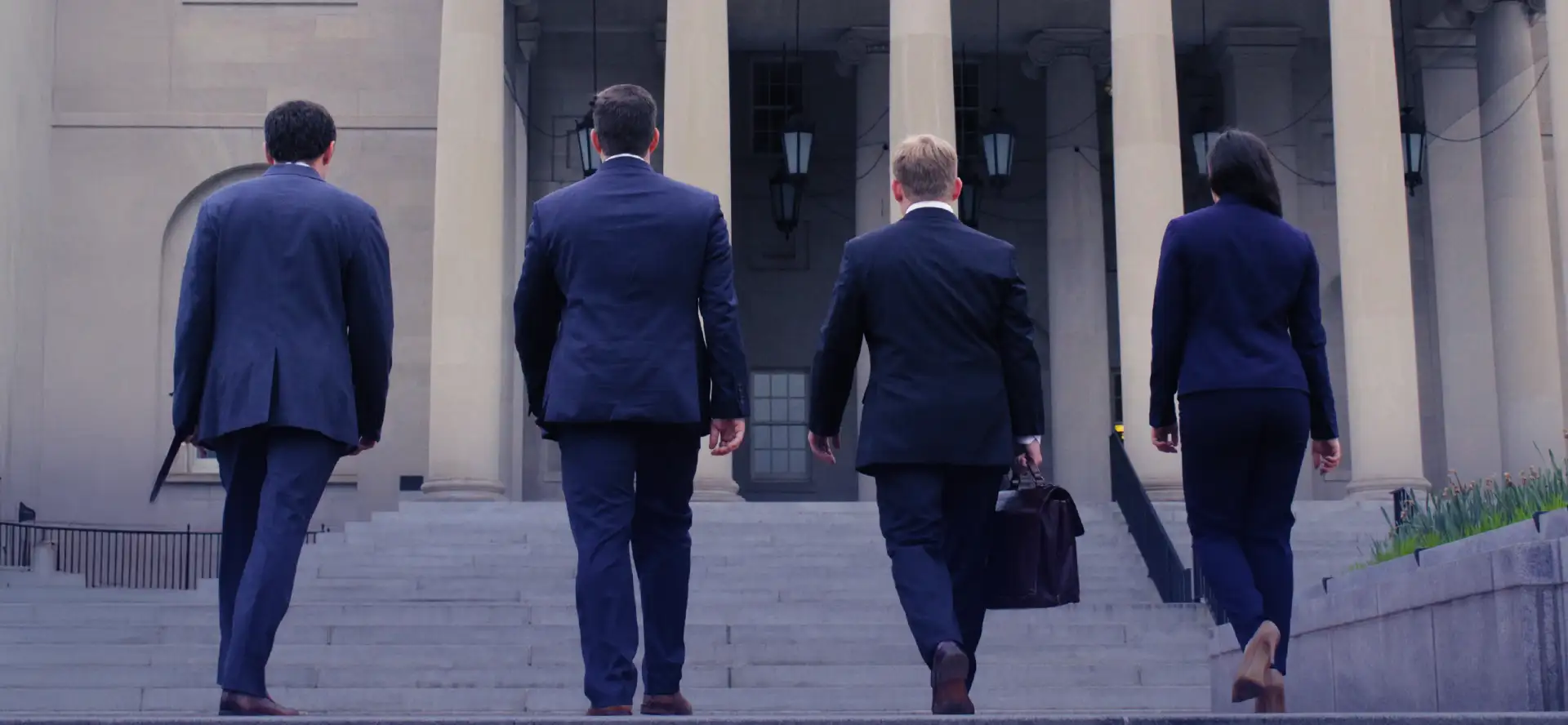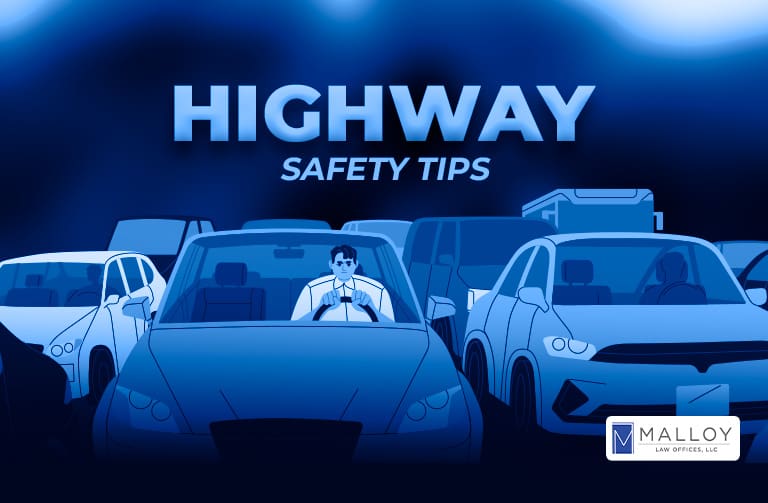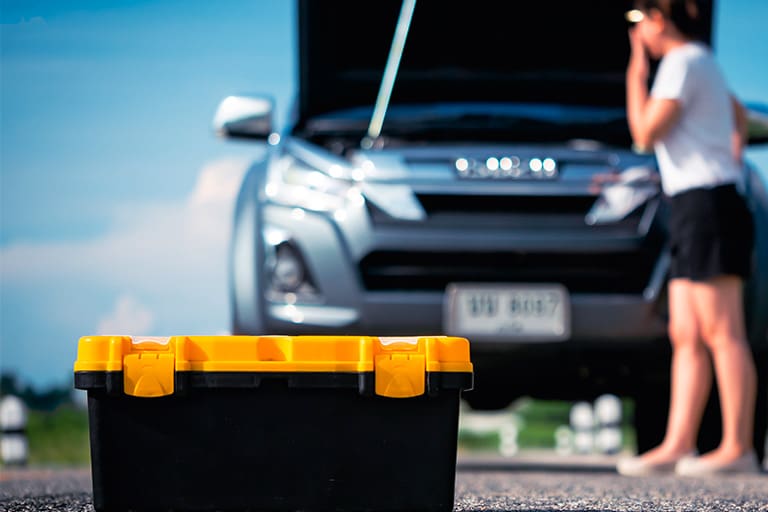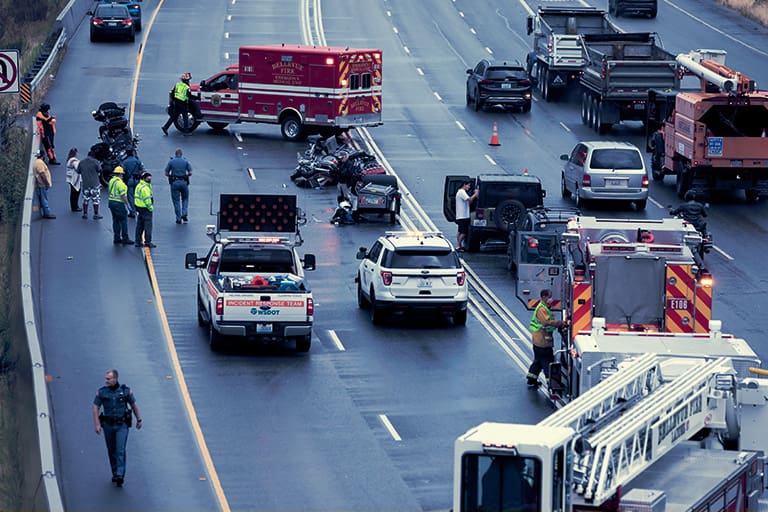Highway Safety Tips for Your Thanksgiving Road Trip
Thanksgiving week is one of the busiest travel weeks of the year. According to AAA, roughly forty million Americans will travel for the holiday. Most of these trips will be taken by car. This volume of traffic on our highways can result in dangerous circumstances even for experienced drivers. Many will travel to enjoy the festive feast and the warm company of family and friends. Keeping that in mind, why not reacquaint yourself with some of the rules of our longest, broadest roads? Today’s Malloy Law blog post will focus on highway safety tips to make your Thanksgiving week road trip as smooth as possible.
The Most Important Components of Any Road Trip
The unfortunate reality of highway driving is that many things are necessarily out of any individual’s control. You may cruise to your destination under sunny blue skies, with light traffic. You may be mired in hellish gridlock under dreary downpours. While it stands as a symbol of American individualism, our interstate highway system can be seen as a great example for the interdependent nature of human societies.
There are, however, two essential elements of any road trip which you can exercise a significant degree of control over. Those factors are the car and the driver. If you’re planning on a long weekend at a relative’s house for Thanksgiving and you know you’ll be driving a significant distance from your own home, why would you neglect preparing either your machine or yourself for the long trip? The amount you can reduce your risk of delay, stress, material loss, and serious injury makes a little preparation and proactivity invaluable.
Highway Safety Tips for Drivers
Did you know that driving while exhausted or otherwise sleep-deprived is nearly identical to driving drunk in chemical terms? The monotonous nature of highway driving can prove unexpectedly exhausting. Minimizing these dangers is as simple as getting a good night’s sleep. Furthermore, if you are inexperienced or unconfident in your endurance on long drives, you can take steps such as carpooling or planning rests along your route.
Planning ahead can also prevent headaches. This means investigating road closures and construction, checking the weather report, and deciding on a route. Additionally, charging your phone in advance of the trip will prove invaluable if you need to contact emergency services or roadside assistance. Finally, the truly prepared driver may find peace of mind in a modest first aid kit.
Although this should go without saying, obeying the rules of the road and remaining calm behind the wheel is also recommended. Drive defensively, keep a safe following distance, and respect large vehicles such as commercial trucks and coach buses.
Highway Safety Tips For Your Car
Have you performed your regular maintenance? Have you had your oil changed? Do you have a tire light on? The difference between a pleasant ride and a breakdown on the side of the road can be a quick visit to a mechanic. If bad weather is predicted, you might also wish to get snow tires for your vehicle.
An emergency can be greatly alleviated with a small toolbox and a few road flares. You might want to bring more serious auto maintenance tools, like a jack and spare tire, depending on how much room your vehicle has.
If You Are Involved in an Accident
- Ensure Your Own and Other Parties’ Health – This is critical in any accident circumstance. Call 911 and, if necessary, request an ambulance.
- Exchange Contact and Insurance Information – Be courteous and friendly. Refrain from making statements admitting or implying fault in the situation.
- Document the Scene – Photographic proof of the accident scene will be essential in filing an insurance claim or pursuing further damages outside of the insurance claims procedure.
- Contact Your Insurance Provider – Find out if you’ll be liable for filing a police report, what your deductible was, and how much you’ll be responsible for paying the claim’s costs.
How Malloy Law Can Help
If you find yourself navigating the aftermath of a car accident this holiday season; don’t do it alone. Malloy Law Offices has a team of proven legal advocates standing by to fight for you. Contact us today for a free consultation. We’ll evaluate your case free of charge and craft a winning strategy.





